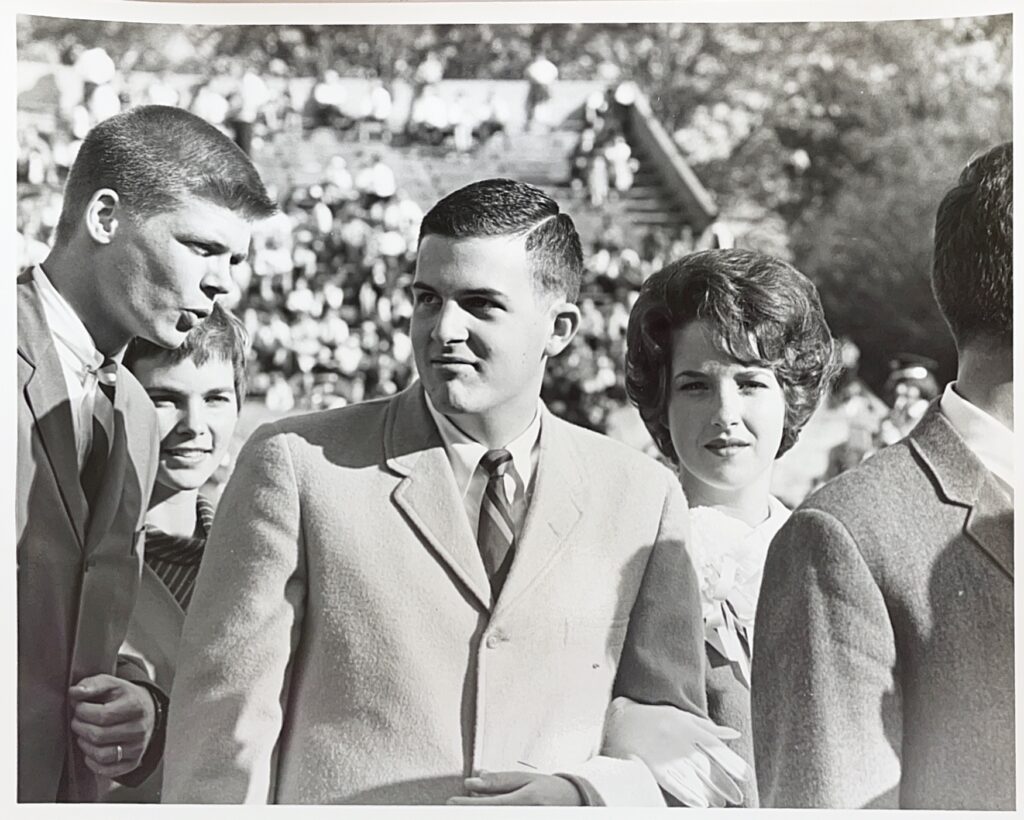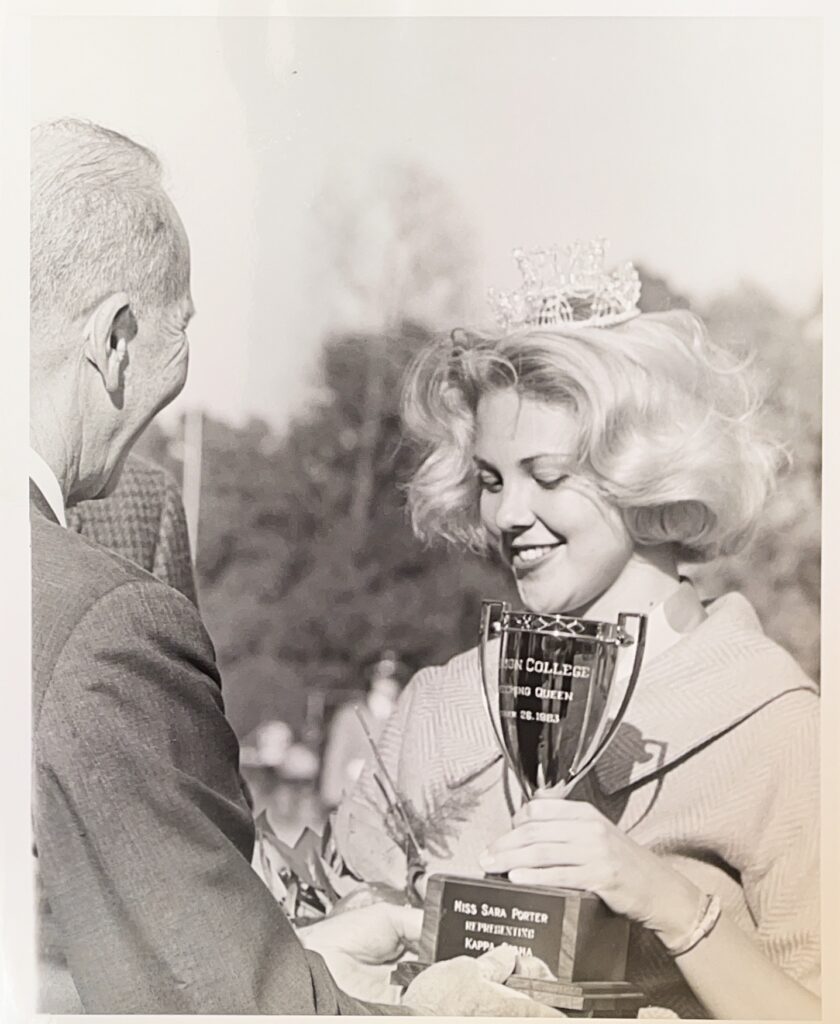Hi all! This is Ellen Huggins, JEC Archives Fellow. May 14th is Mother’s Day, and what better way to celebrate than with a brand new blog post? While working on the “Dining Services” page of the Women of Davidson college website, we came across several stories of “housemothers” from the early days of Patterson Court. Even though these women were not the actual mothers of the students they served (there might have been a few exceptions, who knows), we thought you would get a kick out of some (House)Mother’s Day Davidson history.
The post below is an excerpt from the History of Dining Services page of the “Women of Davidson” site, which you can view here: https://digitalprojects.davidson.edu/omeka/s/college-archives-women-of-davidson/page/dining-services-history. The site focuses not only housemothers, but on the untold history of cooks on Jackson Court and Patterson Court. We hope you can give it a read!
Starting in the 1860’s, one of the most common dining options for Davidson students was to eat at private boarding houses in the town of Davidson. These boarding houses were run by local women who formed lasting connections with the students that frequented their homes; below, a Davidson alum of the late 1800’s recounts the significant impact that Mrs. Barnes, who ran the Barnes’ Club eating house, had on the other students who stayed under her care.
His remembering of Mrs. Barnes reflects the beginnings of the important community and connection built by women who worked in Davidson College’s dining services.
“After staying with Mrs. Barnes for four years, eating her prepared food week by week and absorbing some of her steadfast upbuilding philosophy, they graduated feeling like a new born man literally as well as seeing the beauty in life, the dependability in others, and the beautiful world given to all of us to embody.”
– “Influence…,” Harris A. Johnson. The Mecklenburg Gazette, July 23, 1964
In response to the rising popularity of fraternities amongst Davidson students in the early 20th century, Jackson Court was created in 1928; a semi-circle of houses along Concord Road that were rented out to fraternity chapters for 500 dollars a month by Davidson College. Unlike the fraternities and eating houses of Davidson today, the Jackson Court houses were only meant as meeting places and had no dining facilities, meaning students still had to join local boarding houses to get their meals.
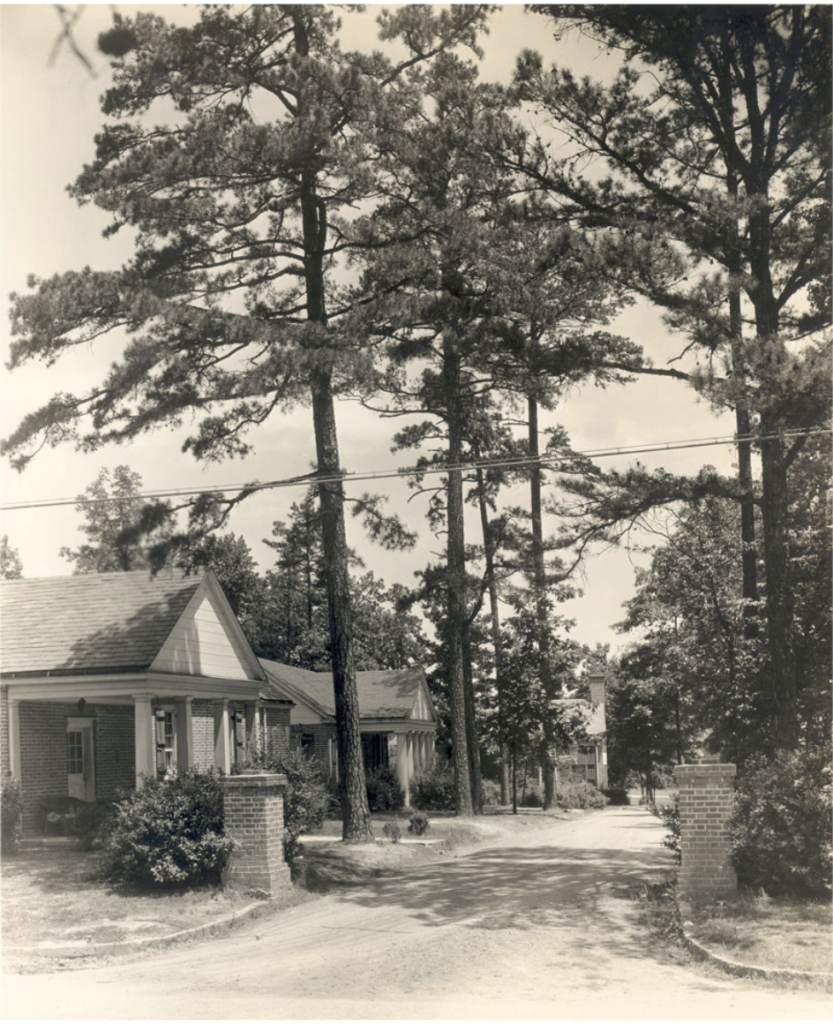
As more Davidson students belonging to fraternities matriculated into local boarding houses, certain houses in town became closely associated with specific fraternities. The women who ran these boarding houses used the kitchens and dining spaces of their own homes to serve fraternity members. Over the course of Jackson Court’s thirty years, these “boarding house women” became known as surrogate mother figures to Davidson students, setting the precedent for the housemother role to be introduced in the Patterson Court era.
Greek life began to move from Jackson Court to the new Patterson Court starting in 1958. As Patterson Court houses were built to include kitchens and dining facilities, each house hired its own housemother to plan the fraternity’s menus, assist in managing the house’s budget, and hire cooks to prepare meals. Another new feature of the Patterson Court houses were the inclusion of apartments for housemothers, where they would live year-round to monitor and facilitate fraternity activities.

Over the next decade, housemothers became significant figures in the everyday lives of Davidson students, taking up the mantle from the boarding house women of the past. This can be seen in the article from the Davidson College Bulletin below, which describes an honorary event thrown for housemother Johnsie Shelton, who served at the Pi Kappa Phi fraternity for over 10 years. Shelton had previously run a boarding house affiliated with the PKP fraternity and moved into the fraternity’s Patterson Court house upon its construction, further showing the close correlation between the housemother role and Davidson’s boarding house history.

“I still keep up with my boys,” says mother to generations of Davidson students, Miss Johnsie Shelton, who has been a guardian angel to Davidson College boys all her life. (…)
Her home on Concord Road was used as the boarding house for the fraternity until the new half million dollar Patterson Fraternity Court opened last year. When asked whether she would leave her home to live in the housemother’s apartment in the new fraternity house, Miss Shelton said, “You can’t put old wine in new bottles.” But she went anyway, and now the “old wine” feels much at home in the “new bottle.”
“My favorite subject right now is ‘what are ya goin’ to feed the boy’s?'”
“Her boys feel she has done more than feed them. This spring, the Pi Kappa Alpha Phi fraternity surprised her with “Miss Johnsie’s Appreciation Day.”
– “Johnsie Shelton Appreciation Day.” Davidson College Bulletin, August 1959.
The importance of housemothers in student life can also be seen through their numerous mentions in the Quips and Cranks yearbooks of the 1960’s. Below, the Phi Delta Theta fraternity dedicates a line of their 1960 yearbook page to “Mother Payne”; “[She] fed us well, helped us impress our dates, and was an excellent housemother.”

Mrs. J. Carey Stewart, housemother of the Alpha Tau Omega house, even reserved her own spot on a wooden paddle that was gifted from one fraternity member to another in 1961.

In the 1970’s, fraternity housemothers began to lose their once strong influence over student life; a Davidson College student life study from 1973 reported that five housemothers split their time between eight different fraternity houses, a far cry from the individualized attention given to each house by housemothers of the past. This came during a time of larger cultural changes at Davidson brought on by campus integration in 1963, coeducation in 1972, and other social movements that broadened perspectives of students, faculty and staff, and shifted the mission of Davidson College as a whole.
Davidson was no longer a school for exclusively male students to be molded into “Davidson Gentlemen” under the watchful eye of housemothers and guiding hand of college administration; instead, Davidson students of all genders desired more independence and freedom in their college experience, and this extended into their dining options. By the 1980’s, the housemother position had been phased out completely, but cooks remained and took on a more central role in the eating houses and fraternities of Patterson Court, becoming figureheads in their own right. (Refer to our previous blog post on Fannie and Mabel.)
Housemothers represent many of the complexities of Davidson’s history; they belong to an earlier version of campus that could be seen as quaint, tight knit and more nurturing to students than the Davidson College of today, or alternatively, a stuffy and restrictive past. What remains undisputed is that housemothers made a difference in the everyday lives of Davidson College students by helping to provide them with a warm meal and a space to enjoy it in, and that is a legacy worth celebrating.

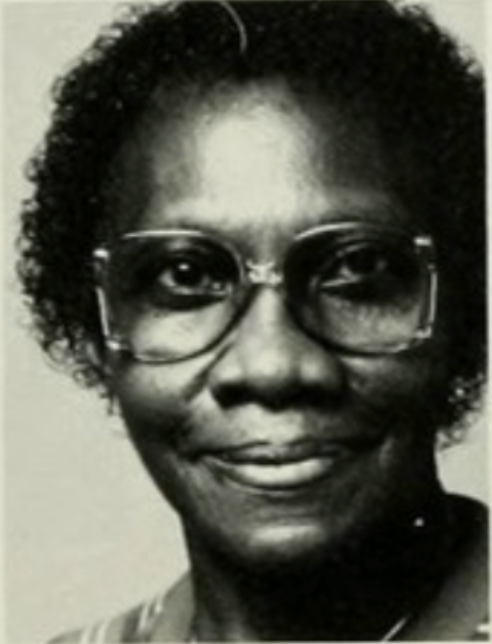

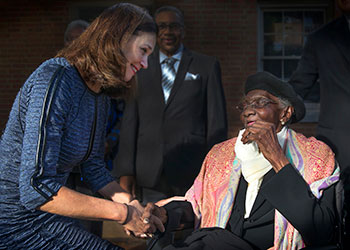

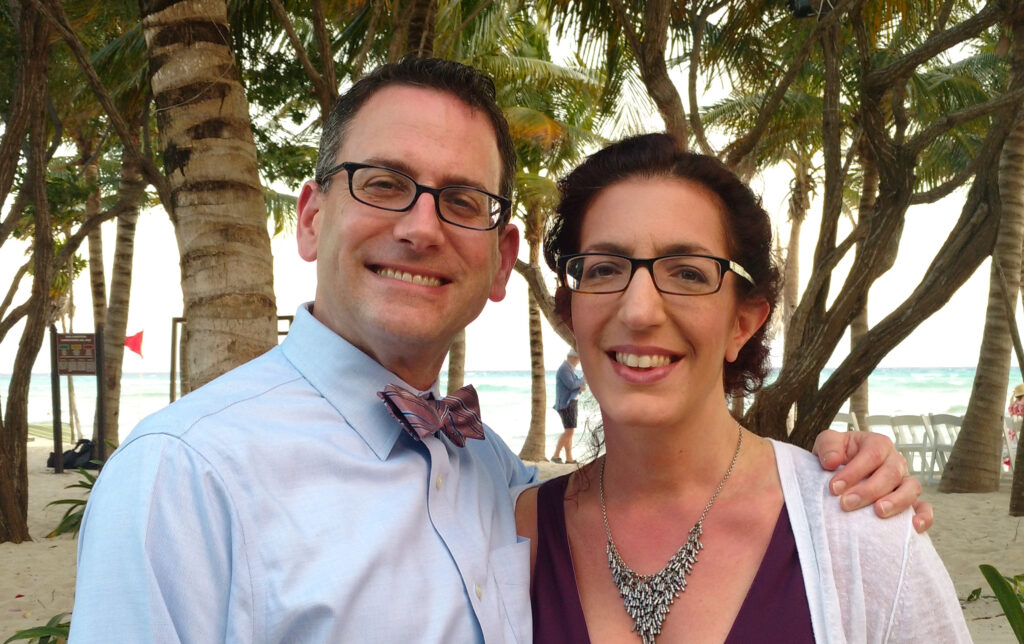








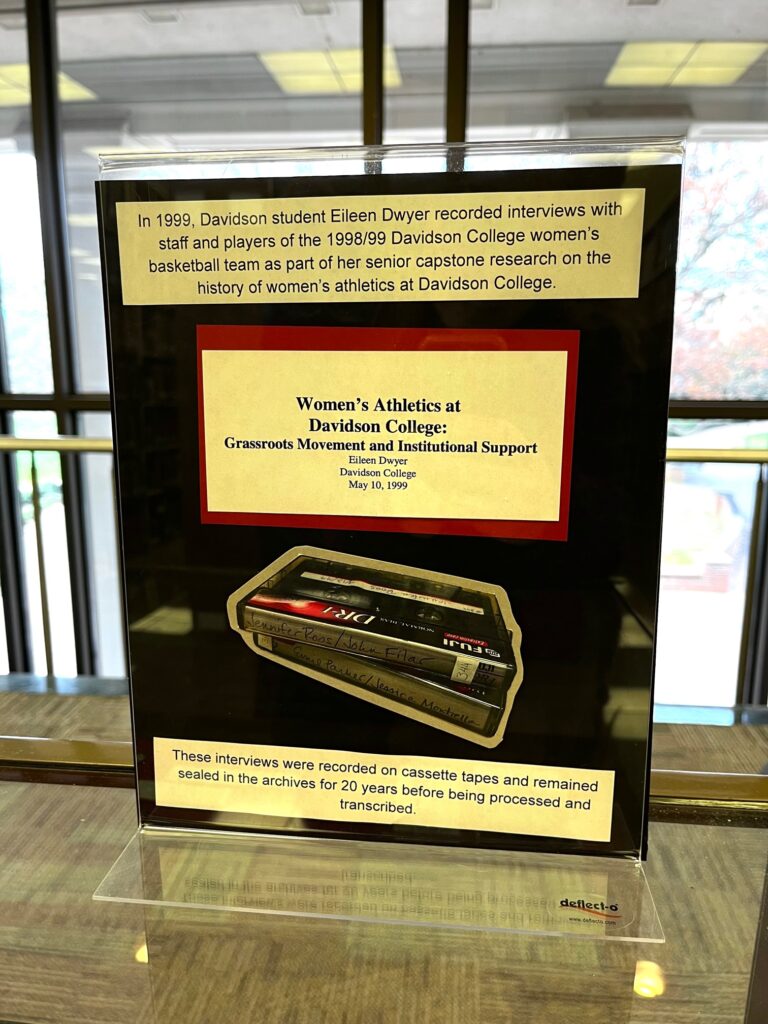
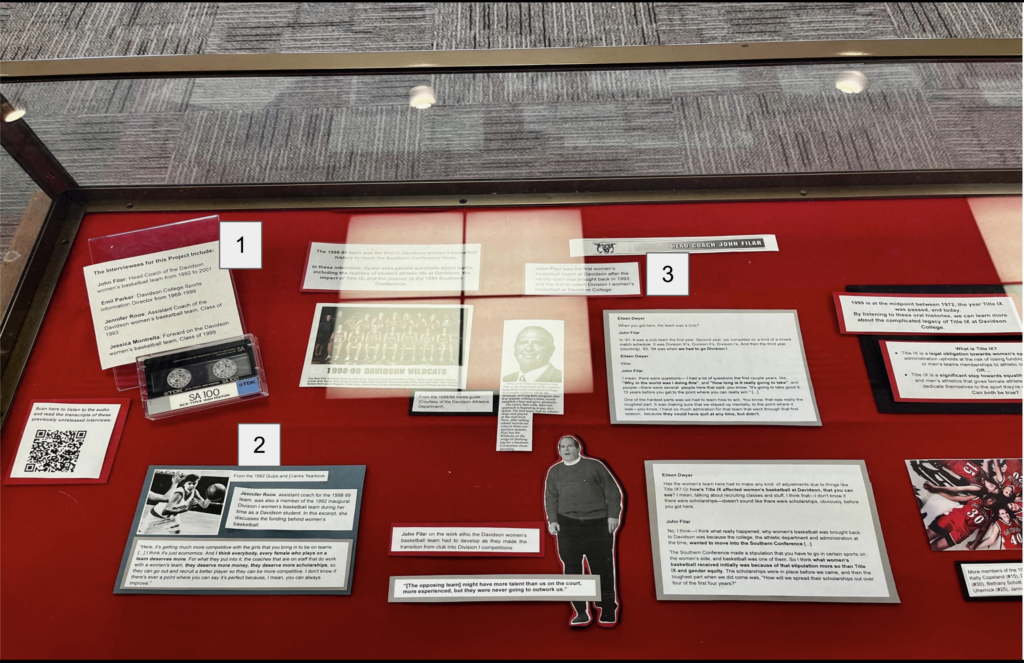

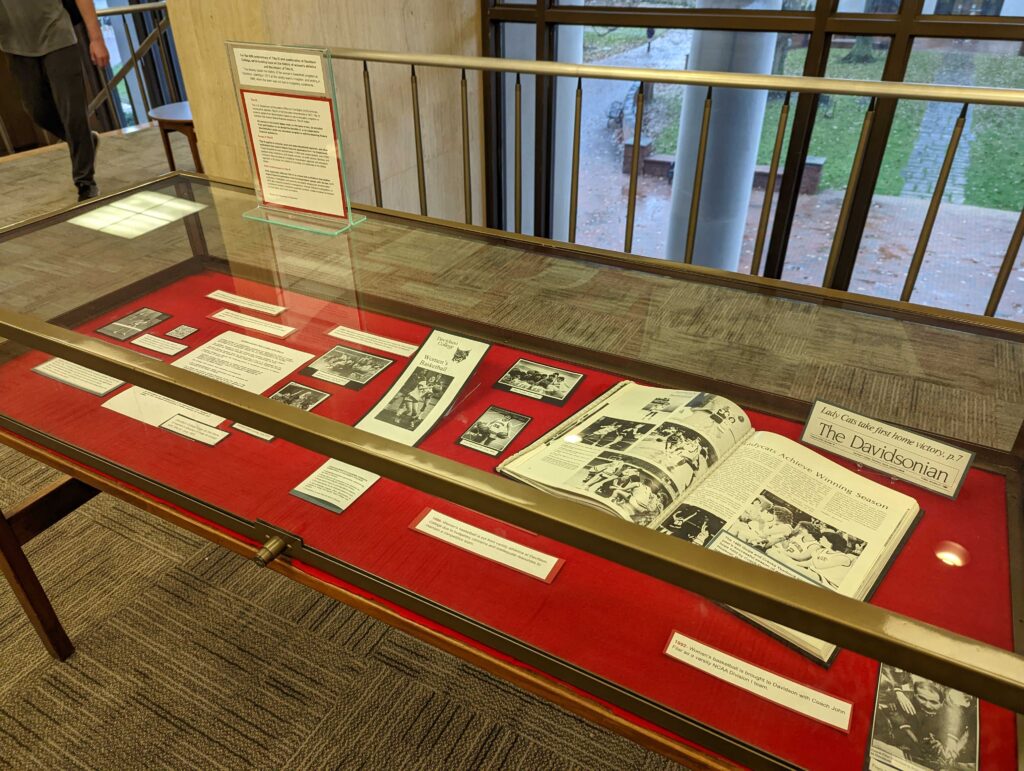
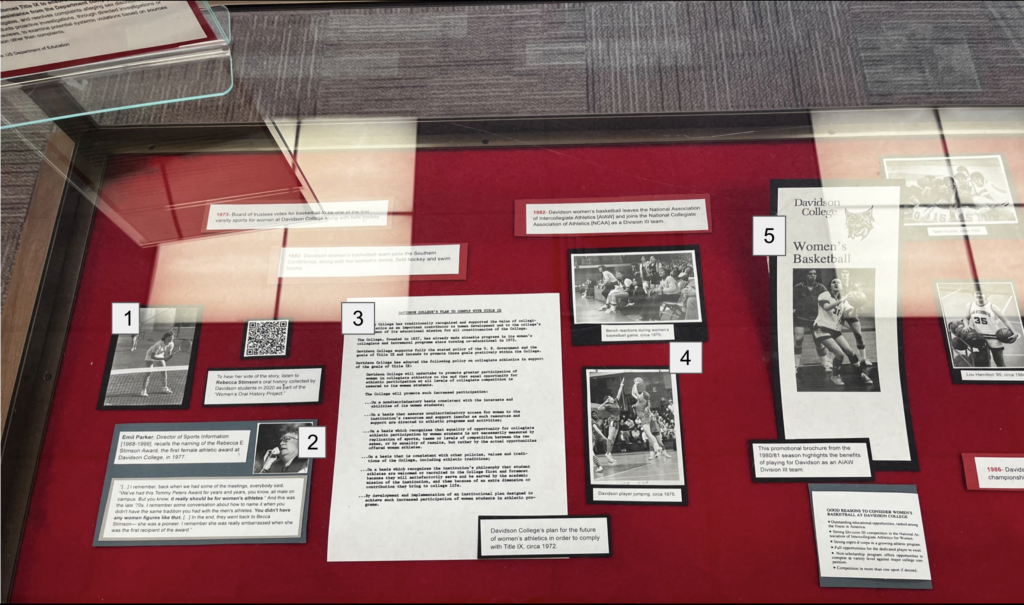






![Posters line the wall of a dorm room, featuring large photos of women. The caption reads, "Playmates with Clothes? - This unlikely situation occurred after two students [...] received a mandate from [...] the supervisor of dormitories to remove any nasty pictures from their bulletin board in 109 Belk before the Homecoming Weekend. They complied, but with some nifty art work rather than the removal thereof."](https://davidsonarchivesandspecialcollections.org/aroundthed/wp-content/uploads/sites/5/2022/11/Davidsonian-Oct-25-1963-597x1024.png)
